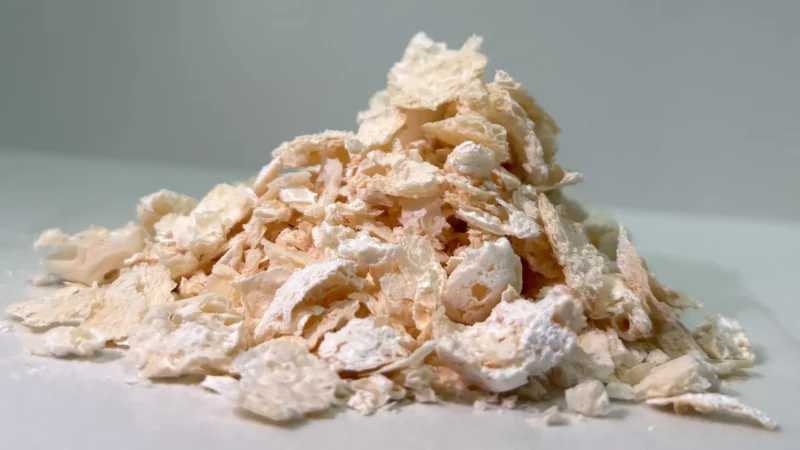Summary Points
-
Biodegradable Breakthrough: Kobe University’s bioengineered E. coli produces the biodegradable plastic compound PDCA at seven times higher concentrations than previously achieved, surpassing traditional plastics like PET in durability.
-
Eco-Friendly Production: The newly developed process harnesses cellular metabolism to efficiently incorporate nitrogen into PDCA without generating harmful byproducts, addressing critical issues in biodegradable plastic production.
-
Innovative Solutions: Researchers overcame production hurdles related to hydrogen peroxide toxicity by refining culture conditions, paving the way for scalable bio-manufacturing despite potential economic challenges.
-
Future Prospects: Enhanced availability of nitrogen-derived compounds expands the scope of microbial synthesis, promising further advancements in sustainable bioengineering and materials science.
The Promise of PDCA
Recent breakthroughs in bioengineering reveal exciting developments in biodegradable plastics. A team from Kobe University has created PDCA, a plastic alternative stronger than PET. This advancement could change the way we view sustainability in materials. Currently, conventional plastics pose significant environmental challenges. They remain durable but take centuries to decompose. PDCA, on the other hand, offers a solution. It biochemically decomposes, thus potentially alleviating waste concerns. Moreover, researchers engineered E. coli to produce PDCA from glucose, achieving unprecedented production levels. This method avoids harmful byproducts and leads to cleaner, more efficient manufacturing.
Despite these achievements, challenges remain. The production process still faces obstacles, particularly with enzyme reactions that create harmful compounds like hydrogen peroxide. However, the research team creatively solved this problem by optimizing conditions to mitigate these issues. This approach not only ensures ongoing development but also enhances the overall potential of bio-manufacturing. Looking ahead, the prospects for practical implementation seem promising. The ability to obtain substantial quantities of PDCA may pave the way for wider adoption.
A Leap Towards Sustainability
The journey toward replacing traditional plastic with biodegradable alternatives involves more than just scientific breakthroughs. It calls for practical application and economic viability. Implementing PDCA on a large scale could transform industries reliant on petroleum-based plastics. However, production costs and logistical challenges must also be addressed. Established supply chains might resist change, making advocacy and education crucial in promoting acceptance.
This research opens up avenues for additional innovations in bio-derived materials. By harnessing microbial synthesis, scientists can explore compounds that carry even greater potential. As we stand on the brink of this new era in sustainable materials, the implications reach beyond the lab. They touch on our collective responsibility to the environment, urging us to steer towards solutions that balance human needs with ecological concerns. The ongoing evolution in biodegradable plastics represents a hopeful chapter in our quest for a sustainable future.
Continue Your Tech Journey
Dive deeper into the world of Cryptocurrency and its impact on global finance.
Discover archived knowledge and digital history on the Internet Archive.
TechV1

